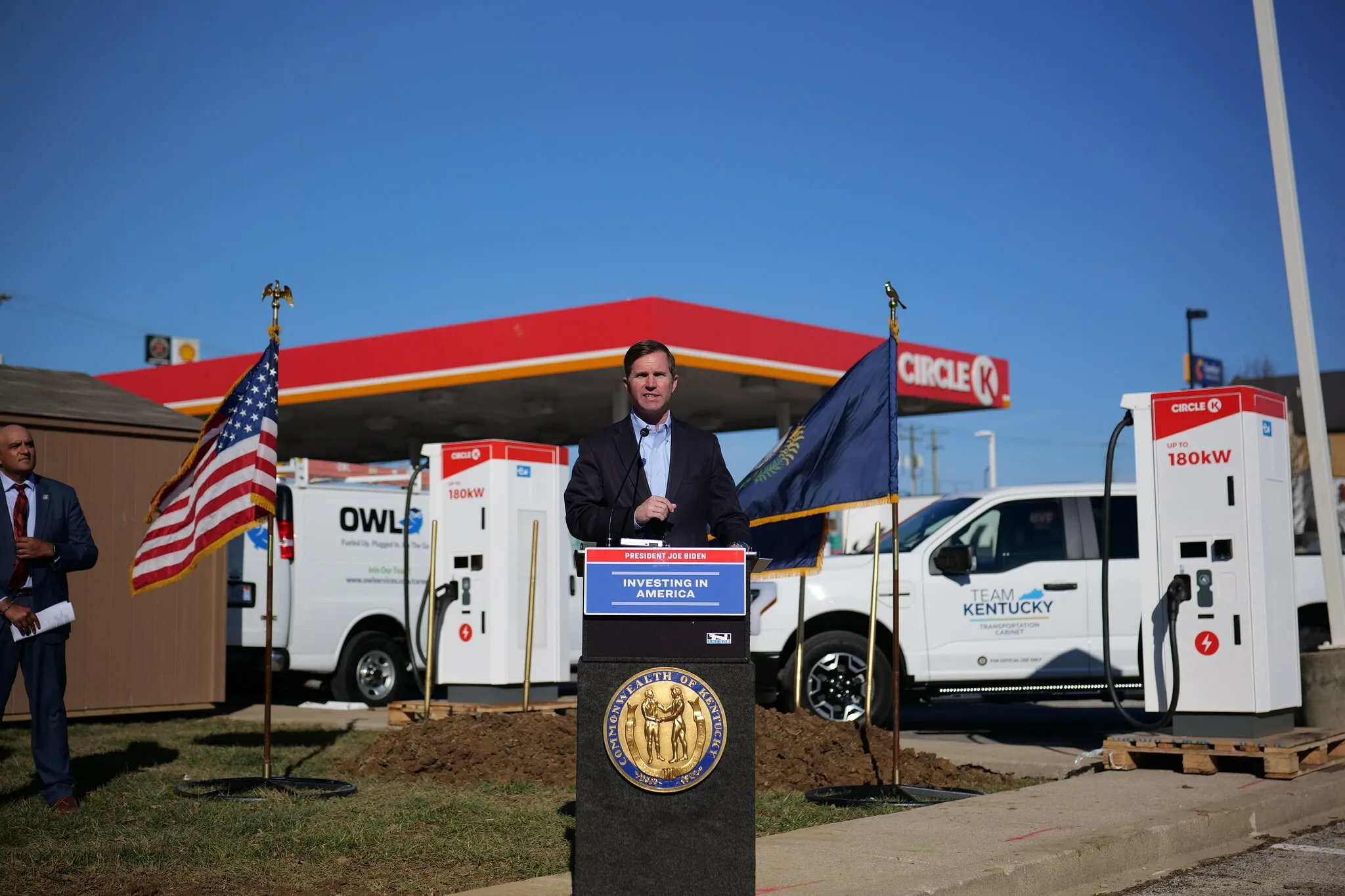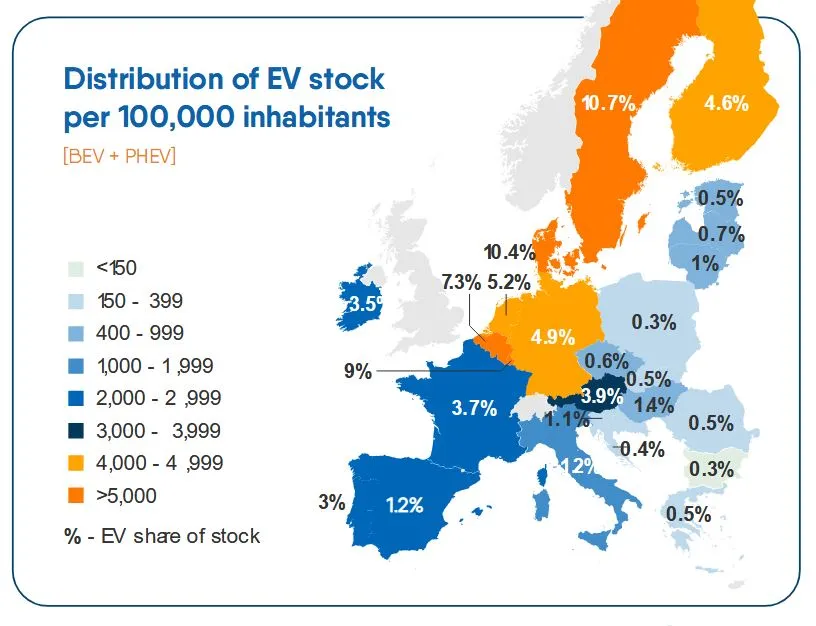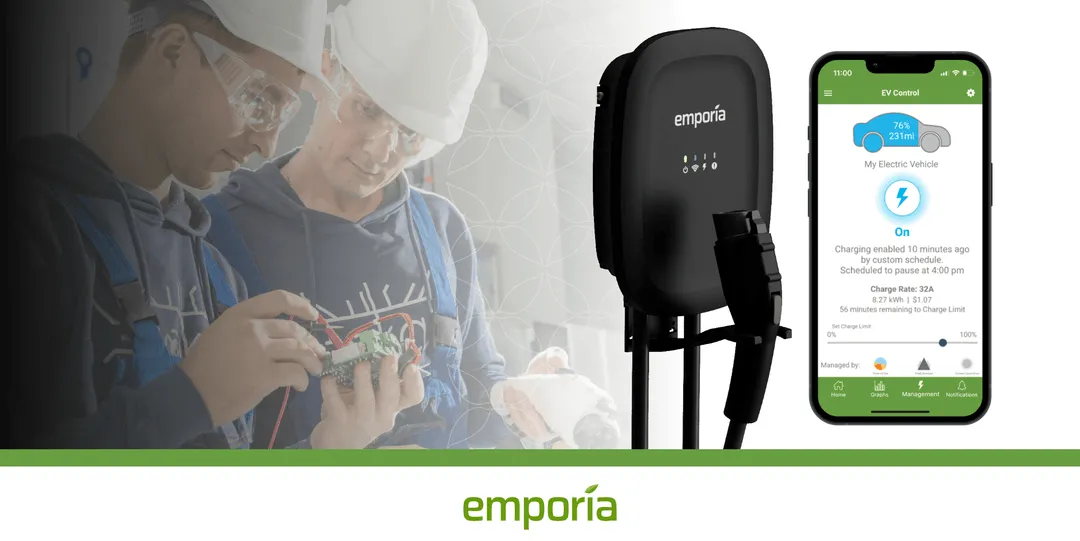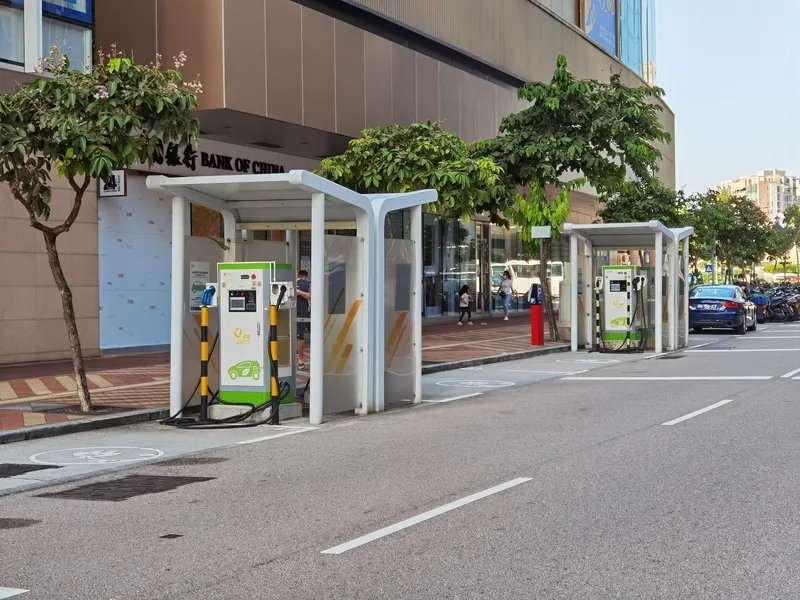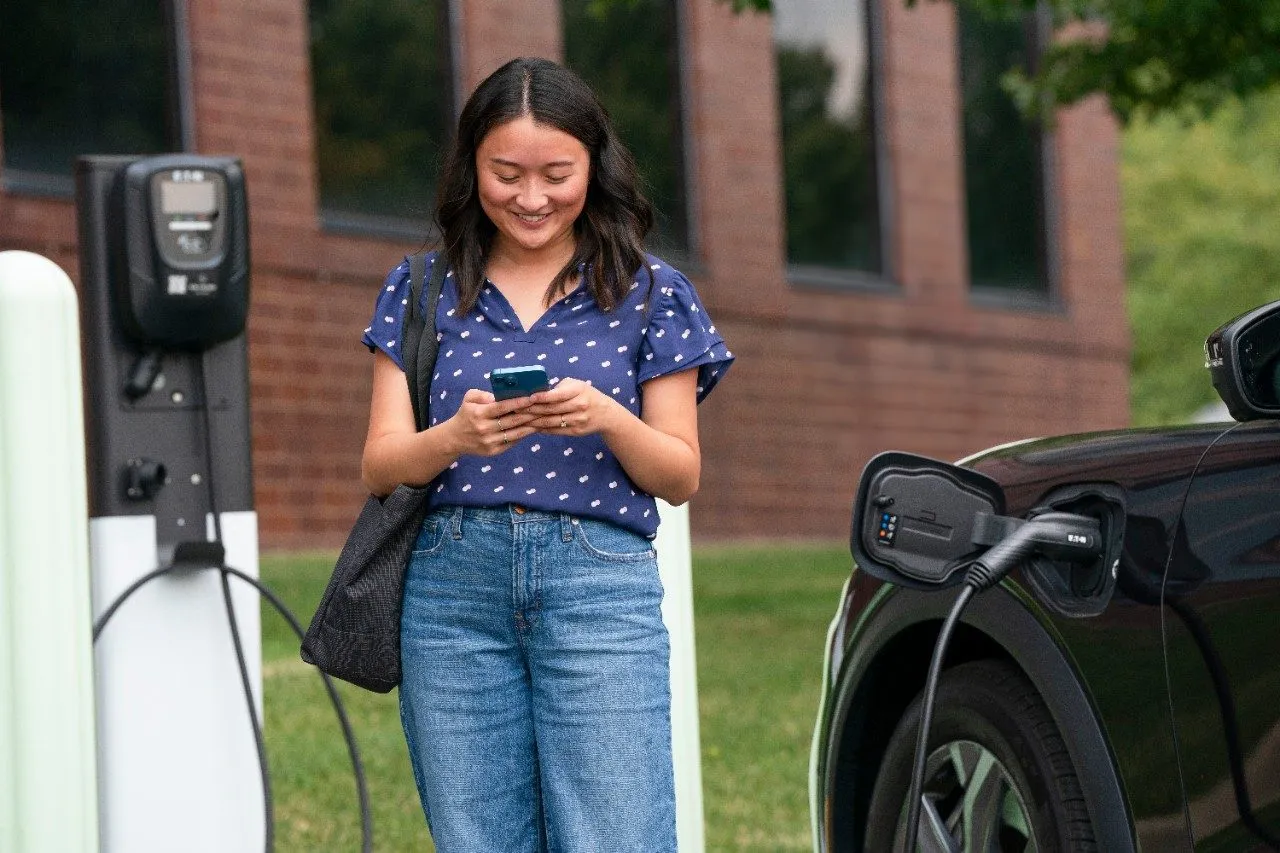
CTEP is a certification program from the California Department of Food and Agriculture’s Division of Measurement Standards (DMS) created to ensure that weighing and measuring devices operate correctly. The compliance process for EV chargers helps ensure consistent billing and charging performance to provide drivers with a uniform experience.
“Trusted and reliable EV charging technologies are vital for EV adoption to take off faster,” said Paul Ryan, general manager of connected solutions and EV Charging at Eaton. “Now, we’re the only manufacturer with CTEP certification able to bring the entire electrical infrastructure to the table, including the chargers and electrical solutions and services needed for safe, reliable charging.”
Eaton worked closely with ChargeLab, a North American leader in open EV charger management software, to meet the CTEP requirements. The certification is an example of how Eaton and ChargeLab are collaborating to support the future of vehicle electrification with smart energy management.
“California is a pivotal market for electric vehicles, and it still needs more charging infrastructure. By working with Eaton to certify a technically superior solution, we aim to scale that infrastructure more quickly,” said Zak Lefevre, ChargeLab CEO.
In compliance with the CTEP requirements, Eaton’s Level 2, Green Motion Building and Green Motion Fleet EV charging solutions provide drivers with billing transparency through point-of-sale pricing and digital receipts, detailing the actual measurement of electricity transferred in each charging session.


